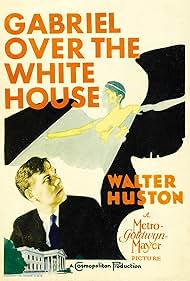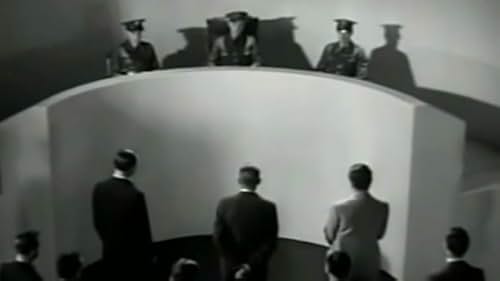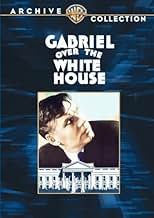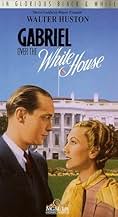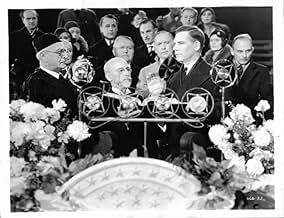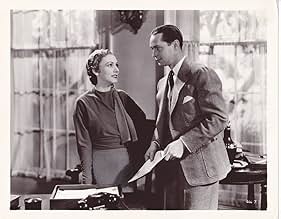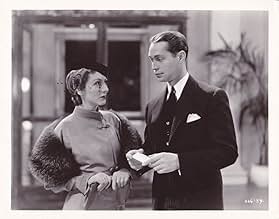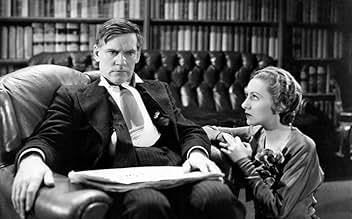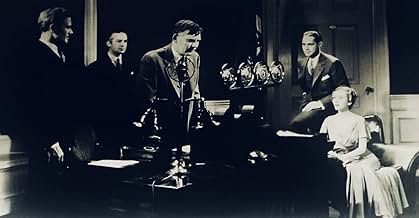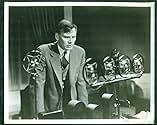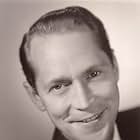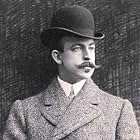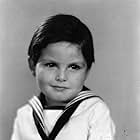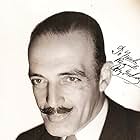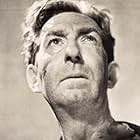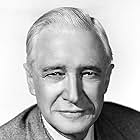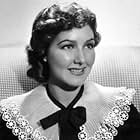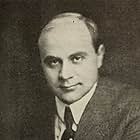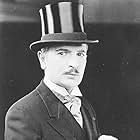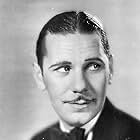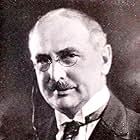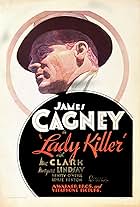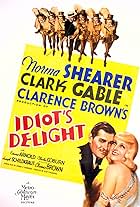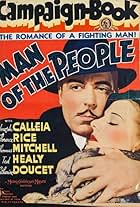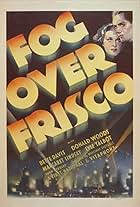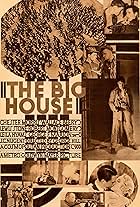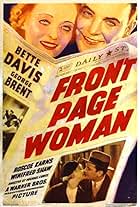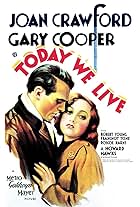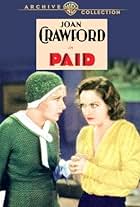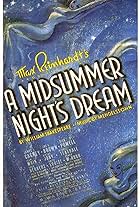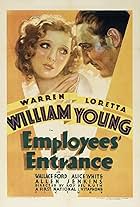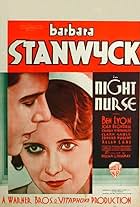ÉVALUATION IMDb
6,4/10
1,5 k
MA NOTE
Un piratage politique devient président au plus fort de la dépression et se métamorphose en un homme d'État incorruptible après un accident presque mortel.Un piratage politique devient président au plus fort de la dépression et se métamorphose en un homme d'État incorruptible après un accident presque mortel.Un piratage politique devient président au plus fort de la dépression et se métamorphose en un homme d'État incorruptible après un accident presque mortel.
Samuel S. Hinds
- Dr. H.L. Eastman
- (as Samuel Hinds)
Claire Du Brey
- Nurse
- (as Claire DuBrey)
Oscar Apfel
- German Delegate to Debt Conference
- (uncredited)
Mischa Auer
- Mr. Thieson
- (uncredited)
Max Barwyn
- German Officer
- (uncredited)
Jack Baxley
- Unemployed Marcher
- (uncredited)
Brooks Benedict
- White House Press Correspondent
- (uncredited)
Margaret Bert
- Nurse Bert
- (uncredited)
B.F. Blinn
- Politician
- (uncredited)
Histoire
Le saviez-vous
- AnecdotesThe protest march of the "army of the unemployed" in the story was no doubt a reference to the protest march of the "Bonus Army" in 1932, where veterans of WWI marched on Congress to demand payment of promised bonuses. They were attacked with tanks and tear gas by the U.S. Army led by Gen. Douglas MacArthur on orders of President Herbert Hoover. William Randolph Hearst, who railed against that action in his newpapers, saw to it that the President in this film helped the people. Meanwhile, Louis B. Mayer, a staunch Republican, delayed the movie until Hoover was out of office.
- GaffesThrough out the whole movie Walter Huston's hair is combed differently in one continuous scene after another. It's obvious many of the cuts back to him are from different takes.
- Citations
Jimmy Vetter: I got a speech.
Hon. Judson Hammond - The President of the United States: A speech? Let's hear it.
Jimmy Vetter: I love my uncle Judd because he's going to cure the Depression and make everybody rich.
- Autres versionsIn 1995, the Madrid Filmoteca screened both the American version and the little-seen European version of Gabriel Over the White House. In the European version, Hammond is seen to go just that much further into fascism. It also features a significantly altered ending. In the American version, Hammond is nobly struck down at the end, whereas in the European version, Pendie actually chooses NOT to save him, because she sees what he has become.
- ConnexionsFeatured in The Great Depression (1993)
- Bandes originalesSymphony No. 1 in C minor Op. 68 IV. Adagio
(1876) (uncredited)
Music by Johannes Brahms
A fourth movement theme is played during the opening credits
The same theme is used often as a leitmotif suggesting Archangel Gabriel's presence
Commentaire en vedette
Anyone with an interest in American history or politics should see this--if you can find it! It's a fantasy about a political hack who is elected president during the Depression, who is transformed by an angel after an auto accident into a national savior--the perfect president, from a 1933 point of view. The result is just a bit scary. The fact that this movie came out during FDR's first few months in office makes it particularly interesting. It reveals a lot about what America was looking for then--and what it may be looking for today.
- mengel
- 30 déc. 1998
- Lien permanent
Meilleurs choix
Connectez-vous pour évaluer et surveiller les recommandations personnalisées
Détails
- Date de sortie
- Pays d’origine
- Langues
- Aussi connu sous le nom de
- El despertar de una nación
- Lieux de tournage
- Palos Verdes Estates, Californie, États-Unis(Lee Highway to Arlington Cemetery)
- sociétés de production
- Consultez plus de crédits d'entreprise sur IMDbPro
- Durée1 heure 26 minutes
- Couleur
- Rapport de forme
- 1.37 : 1
Contribuer à cette page
Suggérer une modification ou ajouter du contenu manquant

Lacune principale
By what name was Gabriel Over the White House (1933) officially released in India in English?
Répondre